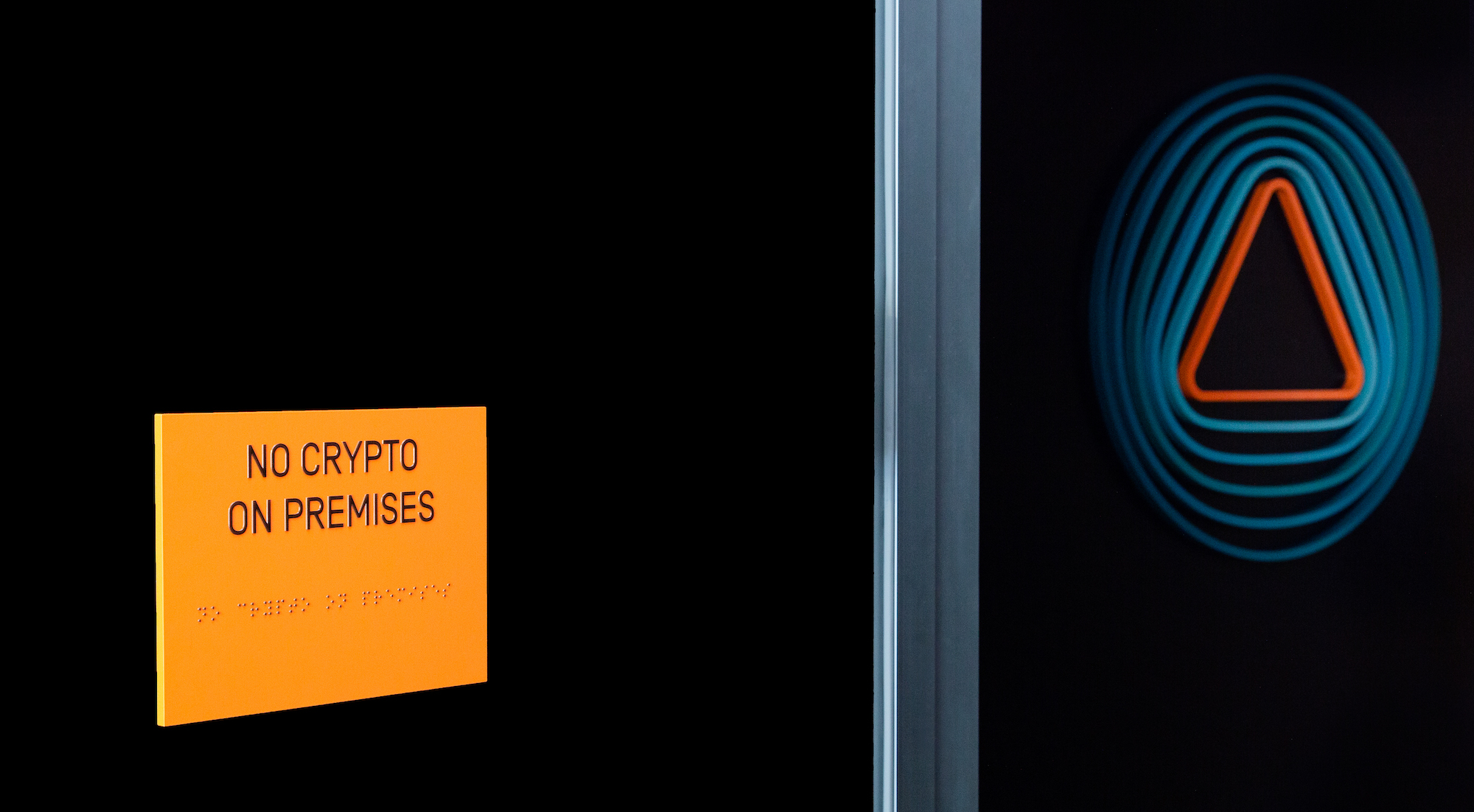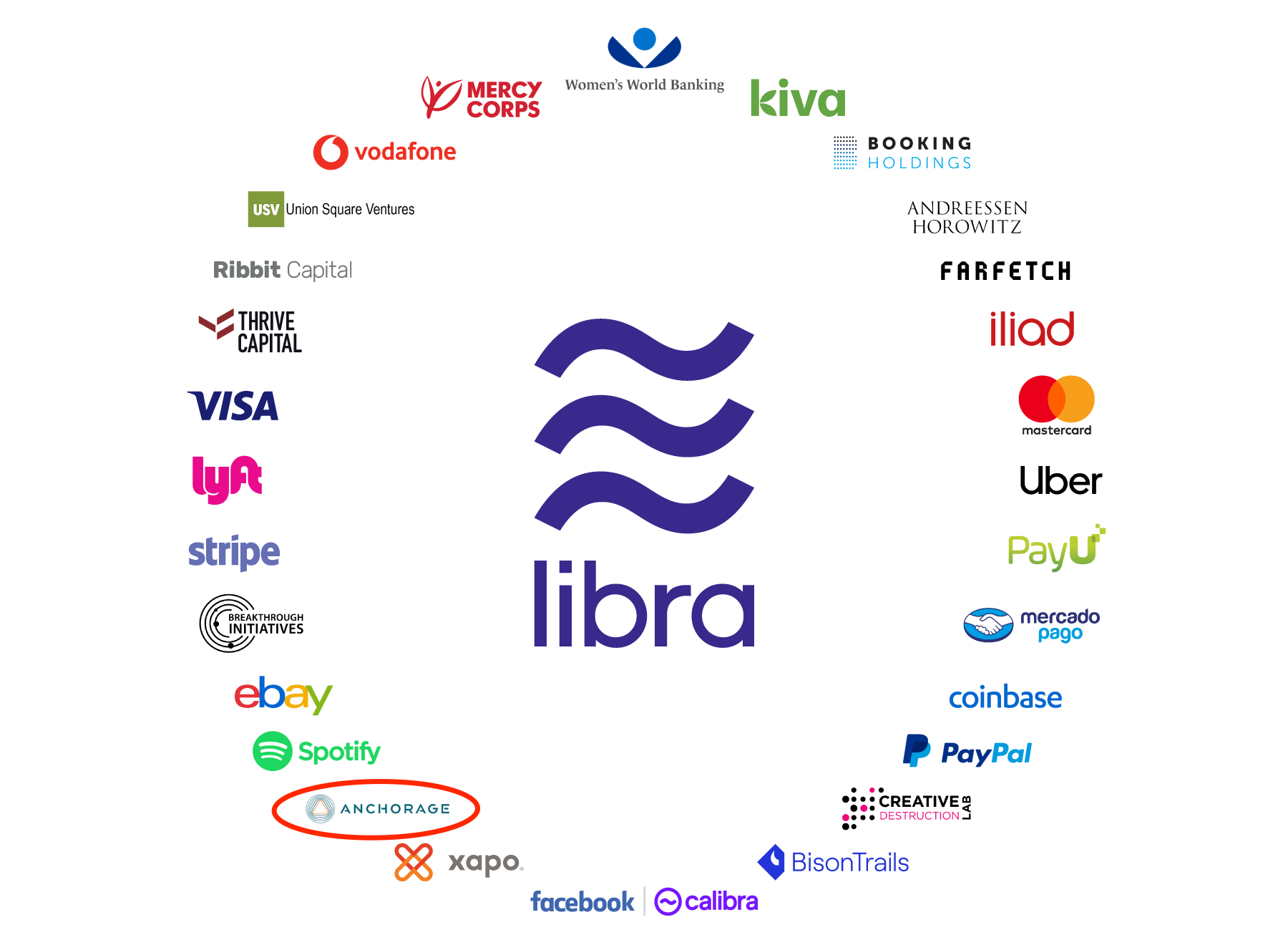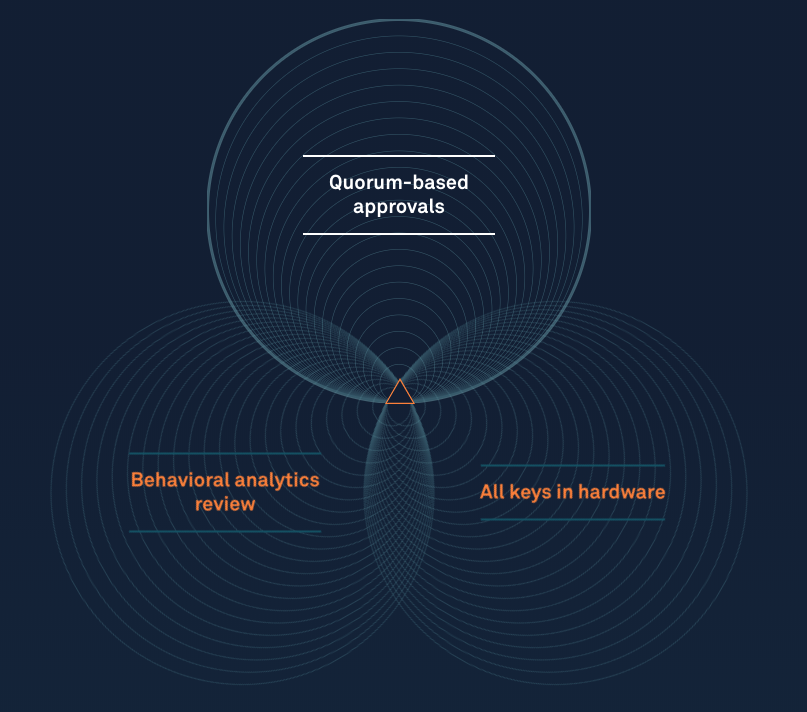Not the city, the $57 million-funded cryptocurrency custodian startup. When someone wants to keep safe tens or hundreds of millions of dollars in Bitcoin, Ethereum or other coins, they put them in Anchorage’s vault. And now they can trade straight from custody so they never have to worry about getting robbed mid-transaction.
With backing from Visa, Andreessen Horowitz and Blockchain Capital, Anchorage has emerged as the darling of the cryptocurrency security startup scene. Today it’s flexing its muscle and war chest by announcing its first acquisition, crypto risk modeling company Merkle Data.

Anchorage Founders
Anchorage has already integrated Merkle’s technology and team to power today’s launch of its new trading feature. It eliminates the need for big crypto owners to manually move assets in and out of custody to buy or sell, or to set up their own in-house trading. Instead of grabbing some undisclosed spread between the spot price and the price Anchorage quotes its clients, it charges a transparent per transaction fee of a tenth of a percent.
It’s stressful enough trading around digital fortunes. Anchorage gives institutions and token moguls peace of mind throughout the process while letting them stake and vote while their riches are in custody. Anchorage CEO Nathan McCauley tells me, “Our clients want to be able to fund a bank account with USD and have it seamlessly converted into crypto, securely held in their custody accounts. Shockingly, that’s not yet the norm — but we’re changing that.”
Buy and sell safely
Founded in 2017 by leaders behind Docker and Square, Anchorage’s core business is its omnimetric security system that takes out of the equation passwords that can be lost or stolen. Instead, it uses humans and AI to review scans of your biometrics, nearby networks and other data for identity confirmation. Then it requires consensus approval for transactions from a set of trusted managers you’ve whitelisted.
With Anchorage Trading, the startup promises efficient order routing, transparent pricing and multi-venue liquidity from OTC desks, exchanges and market makers. “Because trading and custody are directly integrated, we’re able to buy and sell crypto from custody, without having to make risky external transfers or deal with multiple accounts from different providers,” says Bart Stephens, founder and managing partner of Blockchain Capital.
Trading isn’t Anchorage’s primary business, so it doesn’t have to squeeze clients on their transactions, and can instead try to keep them happy for the long-term. That also sets up Anchorage to be a foundational part of the cryptocurrency stack. It wouldn’t disclose the terms of the Merkle Data acquisition, but the Pantera Capital-backed company brings quantitative analysts to Anchorage to keep its trading safe and smart.

“Unlike most traditional financial assets, crypto assets are bearer assets: In order to do anything with them, you need to hold the underlying private keys. This means crypto custodians like Anchorage must play a much larger role than custodians do in traditional finance,” says McCauley. “Services like trading, settlement, posting collateral, lending and all other financial activities surrounding the assets rely on the custodian’s involvement, and in our view are best performed by the custodian directly.”
Anchorage will be competing with Coinbase, which offers integrated custody and institutional brokerage through its agency-only OTC desk. Fidelity Digital Assets combines trading and brokerage, but for Bitcoin only. BitGo offers brokerage from custody through a partnership with Genesis Global Trading. But Anchorage hopes its experience handling huge sums, clear pricing and credentials like membership in Facebook’s Libra Association will win it clients.
McCauley says the biggest threat to Anchorage isn’t competitors, though, but hazy regulation. Anchorage is building a core piece of the blockchain economy’s infrastructure. But for the biggest financial institutions to be comfortable getting involved, lawmakers need to make it clear what’s legal.


 Last time we spoke, Anchorage was cagey about what I could reveal regarding how its transaction validation system worked. With the new funding, it’s feeling a little more secure about its market position and was willing to share more.
Last time we spoke, Anchorage was cagey about what I could reveal regarding how its transaction validation system worked. With the new funding, it’s feeling a little more secure about its market position and was willing to share more.